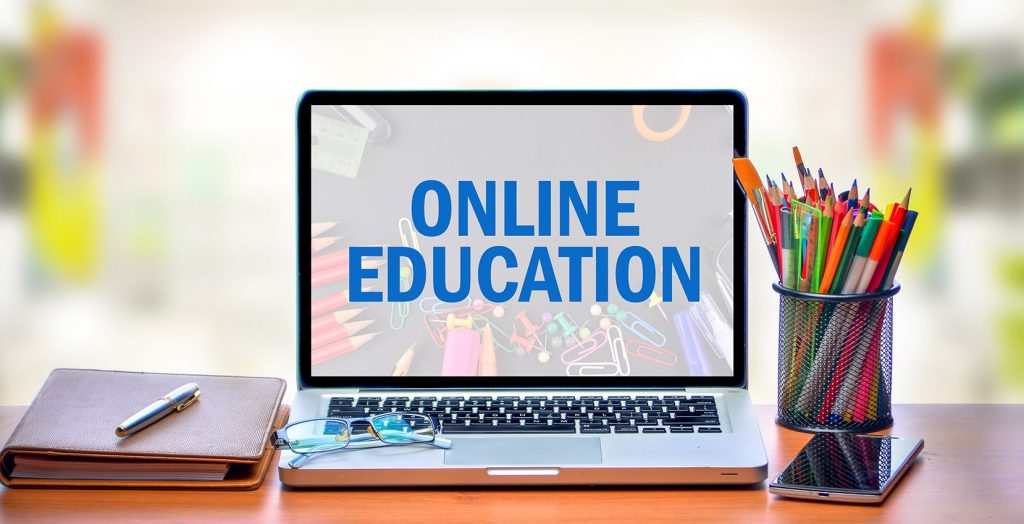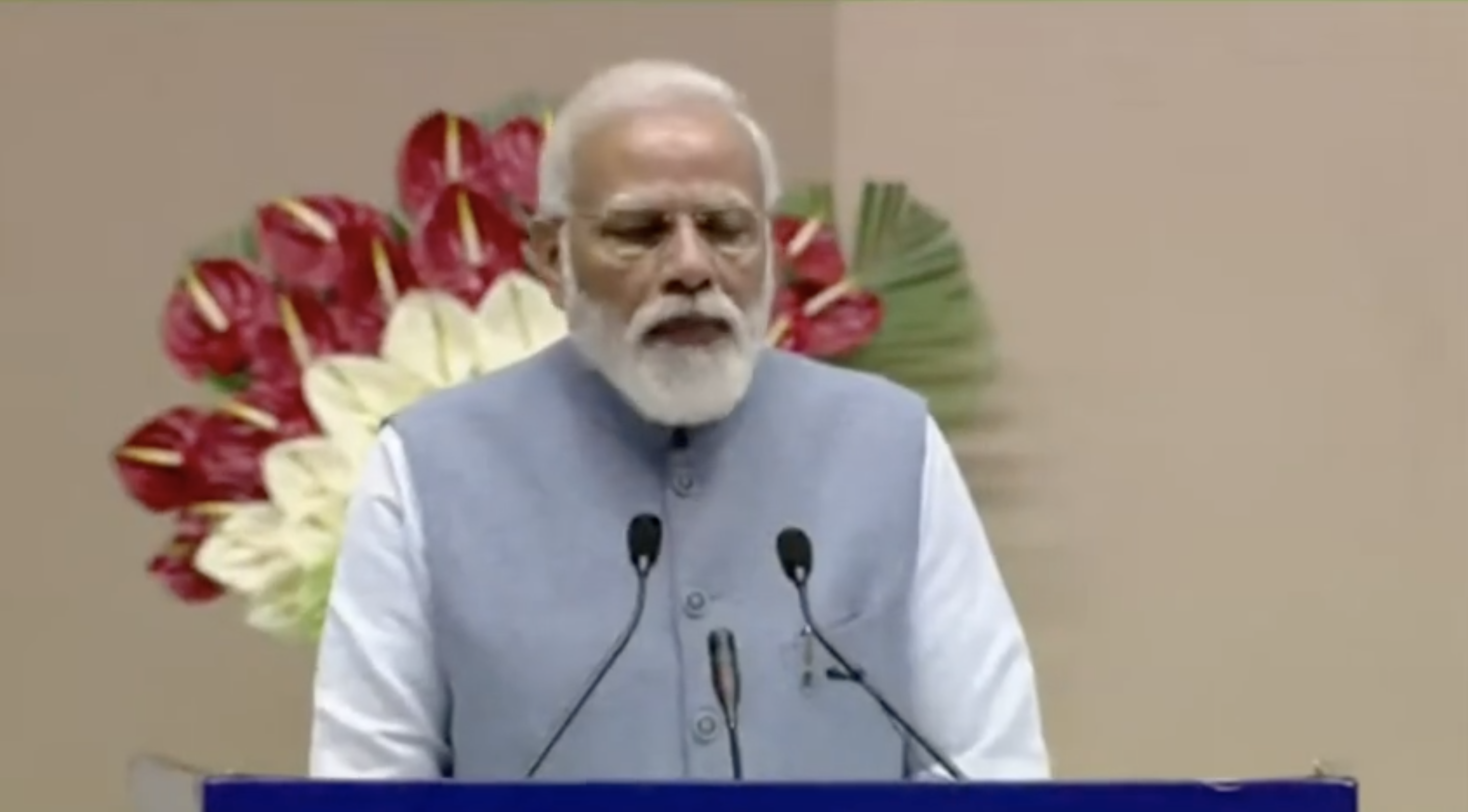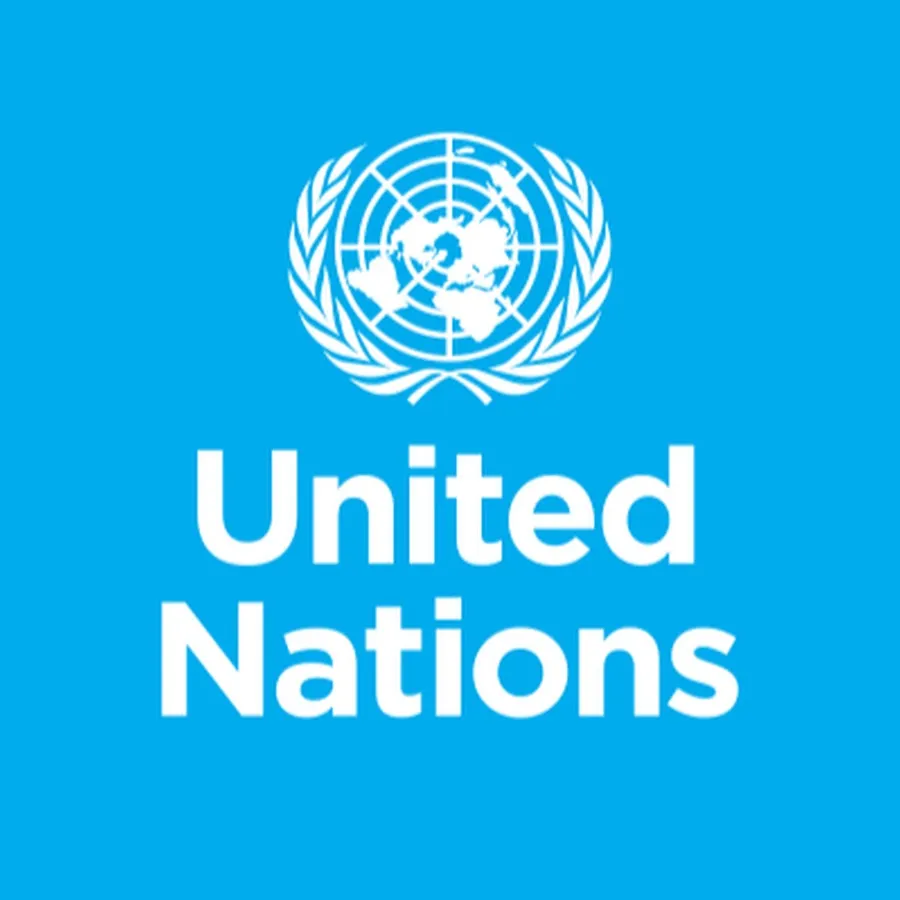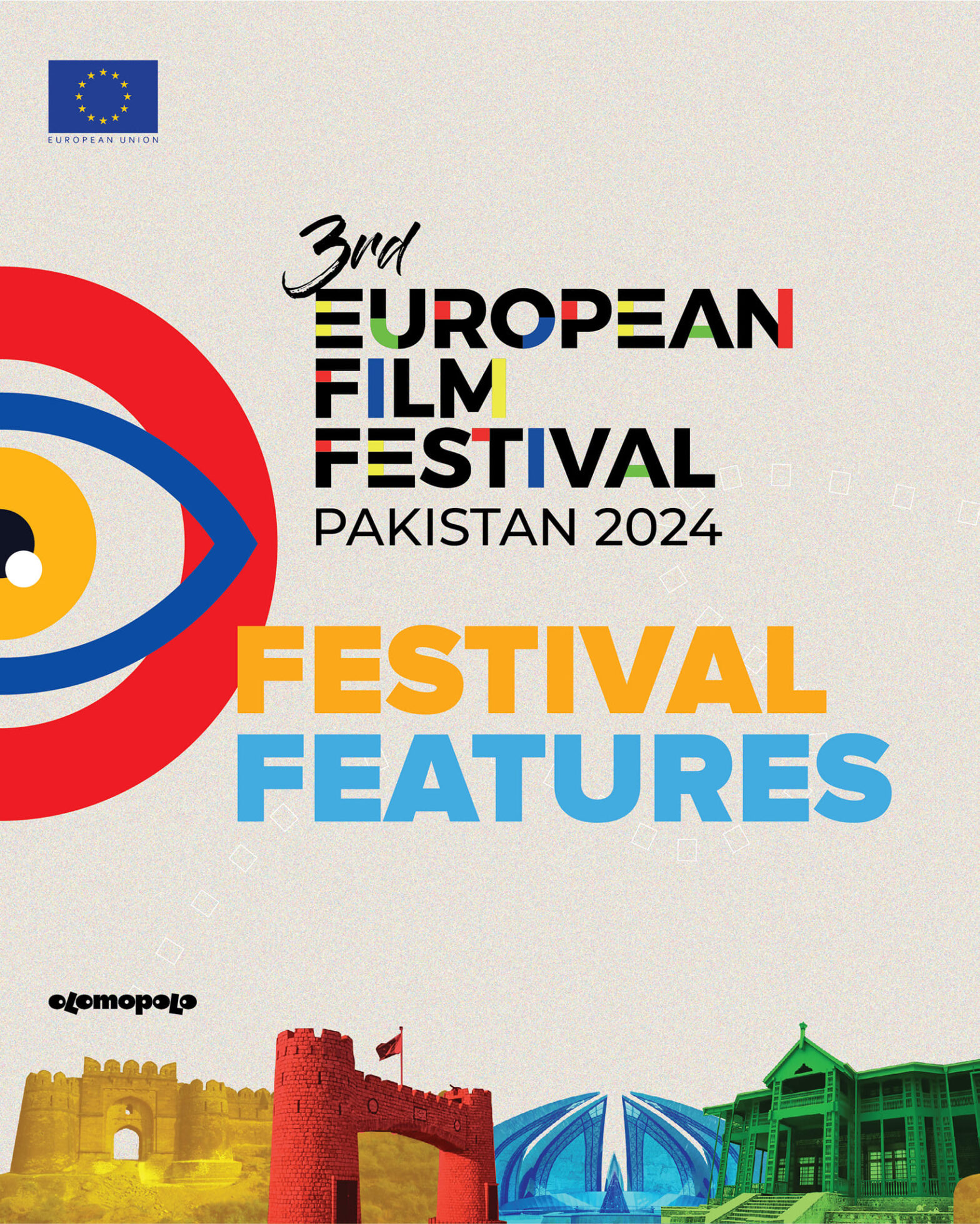The emergence of ChatGPT is perhaps one of the most prominent technological trends that have been rising
The era of advancements in every field of life is now: business, technology, lifestyle, and probably one of the most important, education. From the darkest times of ignorance – and its accompanying debatable bliss – to the world of now where the answer to any question is mere seconds away from being in the palm of one’s hands… We have indeed come a long way.
There was a time when academia bred pure innovative prodigies. There was naught but books then: an infinity of pages to siphon through for the smallest leads on information being sought, and manual sifters to lose sleep over them. The result was individual geniuses well versed in their area of knowledge. Perhaps word of mouth would even carry the fame of their expertise far and wide for it. They would be pursued for their wisdom, and their input would be akin to molten gold, ready to be shaped into further little nuggets to be consumed by future generations.
Then came the first age of computers. Basic calculations, simple algorithms, elementary codes. It caught the attention of nothing less than the entire world, and a collective magic was worked: we saw it rise from being able to perform basic operations, to delivering in our hands a complete library of anything this world has ever seen or hopes to see in the future.
It has done wonders incomprehensible for the very nature of academia compared to any given moment throughout history, revolutionized education as a whole, and made the process of learning go from a task most tedious to a task almost entertaining, with how ridiculously easy it has become.
Though one must ask… Is that truly a good thing?
In Pakistan, nay, the world of 2023, there has been quite an interesting development lately. A certain artificial intelligence chatbot has been taking over education sectors by storm. Chances are, you have probably already heard of it before at least once, but in case you have not, the rising star in the world of education we are talking about is ChatGPT.
The emergence of ChatGPT is perhaps one of the most prominent technological trends that have been rising. And though the education sector in Pakistan has long since been in an almost constant state of flux and it is safe to say that technology will be playing a most interesting role in shaping its future.
So, what even is there so special about an AI chatbot that’s making it a hot topic worldwide?
Well, this one particular has a special feature that none other has had in the past: it allows users to ask any kind of question in completely natural language, and they immediately receive real-time answers from the bot in a matter of moments!
Dr. Saqlain Shah, an academic, made his favor for ChatGPT known. “Yes, I am generally in favor of ChatGPT, and I myself and using this tool quite a lot. In fact, it has made my life very easy,” he states. “Be it reference letters, applications, or even scientific or technical things that need to be processed, it provides us with efficient and hands-on information. It gets a 10/10 from my side.”
“However,” Dr. Shah continues, “having said that, the education system that we have in Pakistan and the way students misuse these kinds of resources… I have noticed a lot of students doing their entire assignments using it. And the purpose of doing those assignments, which is to enhance your grooming, education, and fundamental concepts, is all put to waste. The learning process is destroyed. So, it is harmful to students using it illegally like that, although otherwise it is a very useful tool and I like it.”
The benefits that ChatGPT brings to the table are undeniable, yes, but many have been quite understandably expressing increasing concern about the use of ChatGPT in the education sector, citing potential risks to student privacy, the potential for students to be exposed to inappropriate content, and the potential for students to be exposed to biased or prejudiced AI algorithms. They argue that the use of ChatGPT could lead to unequal access to quality education and a reinforcement of existing disparities in educational outcomes.
It does not even end there, for many are also worried that ChatGPT could be illegitimately used by students to enhance their performance. Could this not very realistically lead to a further increase in high-stakes testing and an even larger achievement gap between students from privileged and underprivileged backgrounds? Could this not lead to the devaluation of education itself? Could this not lead to a drastic and terrifying decrease in the need for qualified teachers and reduce the importance of critical thinking and problem-solving skills? These are just some of the questions being asked by concerned people trying to bring much-needed attention to these problems.
But despite their warnings and admonitions, there is another force – and one to be quite reckoned with at that – that is speaking up for and defending the use of ChatGPT as a tool in the education sector. This force is, as a matter of course, students!
“I like to stay up to date on the mind-blowing technological advancement going on around the world, so I approached ChatGPT with an open mind, and I was not disappointed,” Mominah Bilal speaks of her encounter with ChatGPT. An undergraduate student studying at Kinnaird University, and also a member of their debating society, she took to representing the student force with zeal when she spoke up for ChatGPT.
She continues to list multiple ways in which it comes handy for students.
“I do understand the general concern regarding ChatGPT, like biased language and lack of accountability so I would never recommend it for serious projects. However, it is a very useful tool and I have, in fact, used it in an assignment even today! ChatGPT really helps me in understanding the error in my sentence or just generally tells me why I feel like my paragraph feels off. Even for general questions you have that do not actually require any deep or philosophical input, for example, designing a routine for a student among other things, I would 100% recommend it. It simplifies everything and gets straight to the point.”
Students, as such, seem to be saying that ChatGPT is a great tool for aiding them in their educational needs. Other students have conveyed its convenience as well, relating how it allows them to have access to a virtual tutor that can help them with their studies and answer their questions quickly. They also appreciate the fact that the system can be used to give personalized responses based on their individual needs, proving its practicality in real-world situations where tests and assignments would not determine their worth.
Then there is also the matter of learning through ChatGPT being relatively cost-effective compared to in-person tutoring. Students are saying thus saying it is an invaluable asset in their education, and they are thankful for the convenience it provides.
It is no doubt that students are deeming this tool almost a blessing straight from heaven itself. But the strife between the students and activists continues. Seeing that the debate of ChatGPT harming the education sector is one that has been becoming more and more heated, the opinions of both Dr. Shah and Ms. Bilal were sought in an attempt to understand the stance of both sides fairly.
“ChatGPT is just a tool like any other tool. You can use any tool in either a positive way or a negative way, it is totally upon you.” Dr. Shah articulates. “It depends on what objectives its user wants to achieve. In the field of education, a lot of people are gaining a lot of benefits from it: research, literature reviews, and problem-solving, and people are indeed using it in a constructive way. And just like that, people are also using it negatively, and they will face the consequences of that themselves.”
Ms. Bilal, however, seems to offer a quite different perspective. “Yes, ChatGPT might harm the education sector, but this is something I believe also happened when Google was made; when we started using the internet. People are scared every time a new technology is made, but this does not mean we should stop making new technology for just the small benefit of controlling students at the price of helping a larger community.”
She then goes on to add a rather interesting bit of insight. “But related to hurting the education sector there’s also the fact that ChatGPT pulls information from the generally biased and racist history of the world and so it should not really be allowed to have a tangible role in the education sector. For example, AI can never properly emphasize the importance of all the lives lost in the Holocaust as well as a teacher could. There is also a lack of reliability in what information it provides: you can never be sure what answer it gives is a 100-year-old remedy or something that was only recently discovered and has yet to gain mainstream attention,” she adds.
Neither side seems to be wrong, and neither side will back down on the vocalization of their opinions. This debate, it seems, will prove a never-ending one.
What does one do, then, when they appear to have reached an impasse? Locate common ground, of course.
We have seen that many people are passionately preaching the destructive effects that ChatGPT could have in the education sector, and we have also seen that students seem to have a level of awareness about its negative effects as well.
Then what is to do in a situation where you understand that there is potential in a tool for harm, yet cannot call for the removal of said tool that has already proven itself most revolutionary?
Control it?
“ChatGPT is a tool that is accessible to everyone. There is no proper way to control it.” Dr. Shah asserts. “Its control will come from your parents. Even then, parents and teachers cannot actually fully stop its use, but rather only guide and teach the students that they have to use these tools to learn the fundamental science, the fundamental knowledge, to increase their personal skills. Not to use these tools to bypass the essence of knowledge, the essence of seeking education. So there is no way to control it fully.”
Or ban it, perhaps?
“What will you do? Ban ChatGPT? That will be more ruinous for your country and its productivity,” Dr. Shah says. “Technologies like these should never be banned, but through media, teachers, and parents, the children should be taught that unless they have the skillful knowledge and the fundamental concepts to apply, they will not be able to compete in the Pakistani or international job market to support themselves. So if you use it negatively, it will definitely be disastrous for you but it cannot be controlled.”
Or maybe the answer lies not in obstructing its usage, but rather, in modifying it.
So… monitoring and training? Ms. Bilal seems to have another thought-provoking insight on the matter:
“Because ChatGPT is new, there is currently no system in place to monitor its use. However, if a community is built for monitoring AI then it is most likely that you can assess who is doing what. Considering ChatGPT requires accounts to be made for its usage it can become even more traceable. This can also help ensure that no gender and racial biases are being implemented… regarding prejudice, I believe allowing ChatGPT to pull from a more diverse stream of information would be the solution. Training ChatGPT to spot its own bigotry would be helpful too. For general usage by students in illegal cases though, counter-ChatGPT software is being made right now to ensure that assignments are not being fully written by it, and in a few years, I think this concern will be gone completely. Right now, it is just a tool like any other. It is something that is going to hurt the education sector for the time being, but further down the road, it will be reduced to just an old-time concern,” she says.
It is unquestionable that this debate is not going anywhere for the time being. Will it result in the destruction of Pakistan’s education system? Or will it become, as Ms. Bilal has put it so eloquently, simply an old-time concern? The only thing to do right now is to wait. Wait, and watch. And perhaps make use of ChatGPT in the meantime.
















